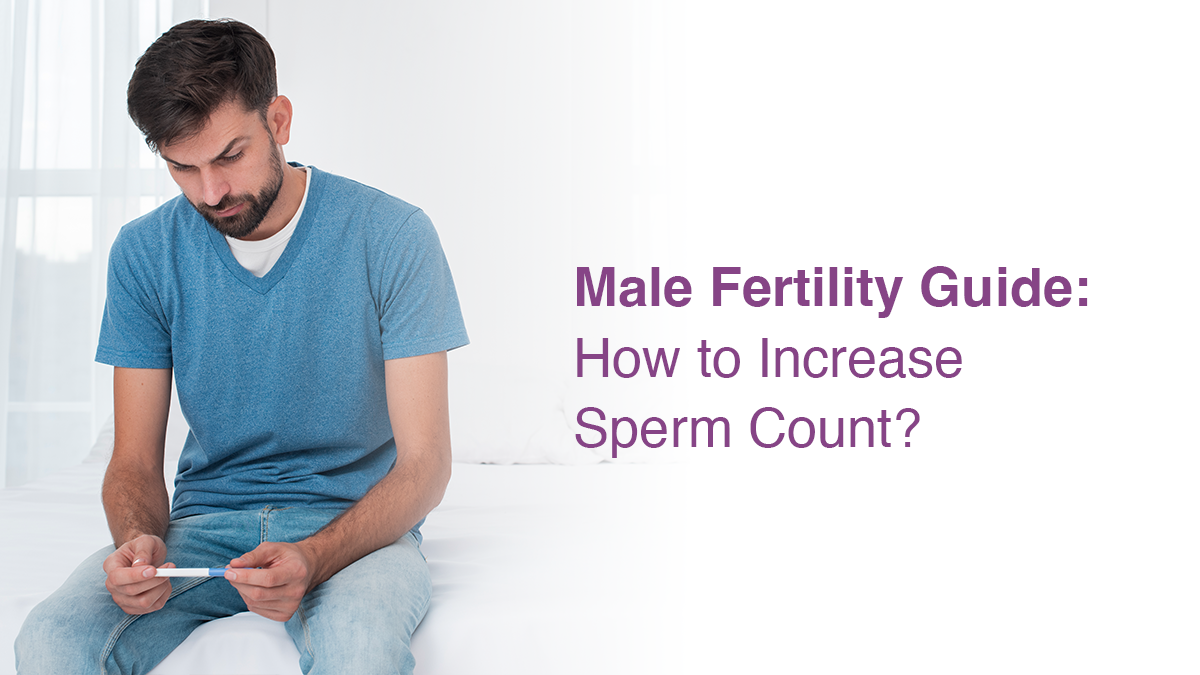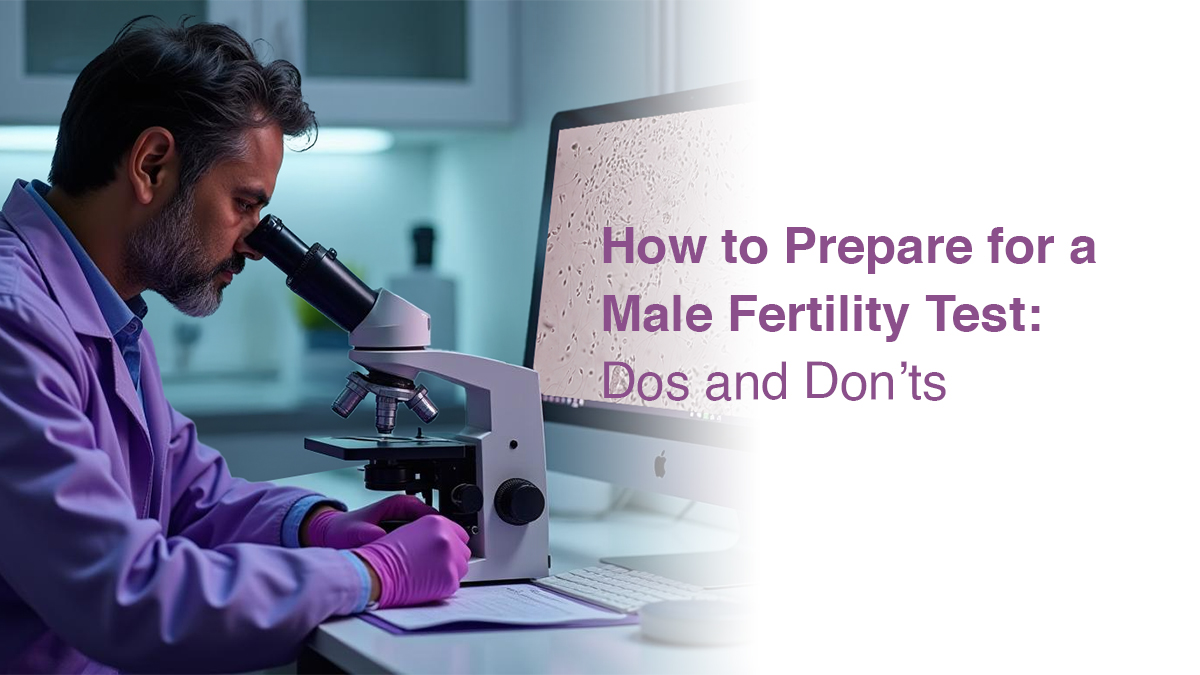
A Guide to Understanding Erectile Dysfunction (ED)

Having erection difficulty is common and happens from time to time in people. If it becomes an ongoing issue, seek medical help. Erectile dysfunction (ED) is often a result of underlying health conditions. Treating them can help reverse the problem. In other cases, erectile dysfunction treatments in the form of medication, lifestyle changes and direct therapy are available.
What is Erectile Dysfunction?
Let’s learn what erectile dysfunction is. It refers to the inability to have and sustain an erection firm enough for sexual intercourse.
Types of Erectile Dysfunction:
Primary Erectile Dysfunction:
This is a rare condition in which a man is always unable to get or keep an erection.
Secondary Erectile Dysfunction:
This is a common condition and happens in men who once had normal erectile function.
Causes of Erectile Dysfunction
There are various causes of erectile dysfunction which can be grouped as follows:
Physical Causes:
- Cardiovascular Diseases
- Diabetes
- Obesity
- High Blood Pressure
- Hormonal Imbalances
- Chronic Kidney Disease
- Neurological Disorders
Psychological Causes:
- Stress
- Anxiety
- Depression
- Relationship Issues
Lifestyle Factors:
- Smoking
- Alcohol consumption
- Lack of exercise
- Poor diet
Whatever your erectile dysfunction cause is, the doctor can identify it by learning about your medical history and can recommend suitable treatment.
Symptoms of Erectile Dysfunction
Below are the most common persistent erectile dysfunction symptoms:
- Difficulty Achieving an Erection
- Difficulty Maintaining an Erection
- Reduced Sexual Desire
Diagnosing Erectile Dysfunction
Medical History
The doctor will ask if you have a history of certain health conditions that can lead to erectile dysfunction. These include heart diseases, diabetes, obesity, high blood pressure, hormonal imbalances, chronic kidney disorder and neurological conditions. The doctor will also ask if you had any previous sexual dysfunction or pelvic surgery or used to take anticonvulsants, antipsychotics, antidepressants, diuretics, beta-blockers and antihypertensives.
Physical Examination
In this examination, the doctor will carefully assess your testicles, penis and the sensation of your nerves.
Blood Tests
Your blood sample is collected and sent to a laboratory to check for indications of low testosterone levels, diabetes, heart disorders or other health problems.
Urine Tests
These tests help to identify any signs of underlying health problems like diabetes.
Ultrasound
A specialist carries out this test. The professional holds a transducer (wand-like tool) over the blood vessels that supply your penis. The device produces a video image to show whether you have any blood flow blockages. Sometimes, together with this test, the specialist also injects certain medications into the penis to stimulate blood flow and create an erection.
Psychological Examination
You may be asked if you have stress, depression or other psychological factors that cause erectile dysfunction to screen for them.
Treatment of Erectile Dysfunction
Lifestyle Changes
Exercise:
Moderate to vigorous aerobic activity can help improve blood flow and erectile dysfunction, lose weight, and reduce stress. Less strenuous regular exercise or simply increasing your activity level may also lower the risk of erectile dysfunction. Ask your doctor about a proper exercise plan.
Diet:
The Mediterranean diet that emphasises whole grains, legumes, veggies (especially leafy greens), fruits and healthy fats such as olive oil helps reduce the risk of having erectile dysfunction and improves male virility. Meat, poultry, nuts and legumes are also beneficial.
Weight Management:
Being overweight is a risk factor for erectile dysfunction. Therefore, exercise regularly and maintain a healthy diet to manage your weight.
Quit Smoking:
Smoking can also contribute to this condition. So, it’s a must to quit smoking if you experience ED. If you have difficulty quitting, consider nicotine replacement like OTC lozenges and gum. Otherwise, ask the doctor to prescribe a medicine to help you stop smoking.
Limit Alcohol:
Alcohol consumption can also result in erectile dysfunction. Heavy intake of alcohol or taking specific illegal drugs can cause long-term health conditions and worsen ED.
Medications
Oral Medications:
Oral medications that can successfully treat ED in several men.
These erectile dysfunction treatment medications intensify the effects of nitric oxide (naturally produced in the body and can help the muscles in the penis to relax). This boosts blood flow and helps you to have an erection when you try to get it.
First, sexual stimulation is required to cause nitric oxide to be released from the penile nerves. These medications will enhance that. The medications differ in dosage, side effects and duration of their effectiveness. Possible side effects include stomach upset, backache, visual changes, headache, nasal congestion and flushing.
The doctor will take into account your specific situation to decide which medication is appropriate for you. Also, the doctor will tell you how much dosage is suitable for you and the expected time for the medication to show prominent results.
Hormone Therapy:
Erectile dysfunction in some men is caused or worsened by low testosterone levels. If that happens, the doctor recommends testosterone replacement therapy as the first treatment approach or combines it with other therapies.
Conclusion
Oasis Fertility has a large team of fertility experts who always welcome any questions about reproductive health. So, feel free to consult us if you experience erectile dysfunction. Our experts are highly experienced in treating various cases of infertility and reproductive problems, including offering erectile dysfunction treatments. Moreover, we have state-of-the-art equipment with cutting-edge technology to perform complex treatments. We are also renowned for offering assistive reproductive technology procedures like the In Vitro Fertilisation (IVF) treatment process to help couples with fertility problems to conceive successfully.


fill up the form to get a
Free Consultation
Avail 0% interest on EMI
All Procedures | No Upper Limit
Frequently Asked Questions
Can Erectile Dysfunction Make You Infertile?
Can Men with ED Have Kids?
Is ED Permanent in Men?
Can You Release Sperm with ED?
How we reviewed this article:
- Current Version
- August 19, 2024 by Oasis Fertility
- August 18, 2024 by Oasis Fertility






